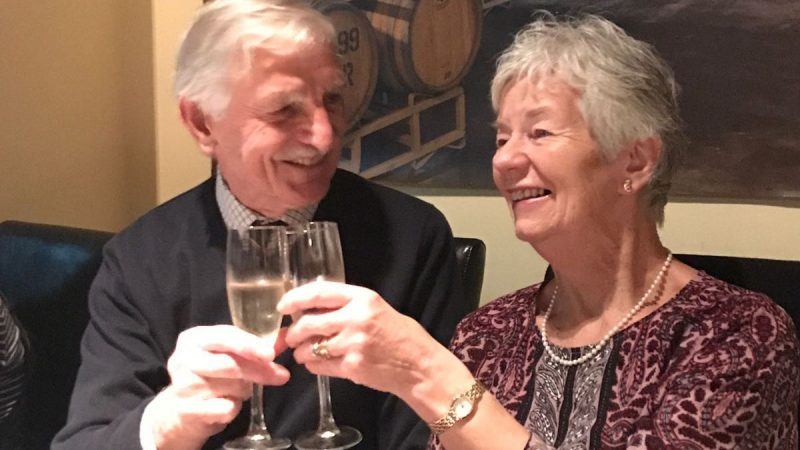Donald Ray, an active 89-year-old, was on holiday with relatives in Indonesia when he started feeling tired and short of breath. Fearing a recurrence of the heart failure he had suffered five years earlier, he sought medical advice. Local doctors carried out some tests and advised him to take it easy for the rest of the holiday.
The Rays returned home to Norwich at the beginning of March just as coronavirus started sweeping through the UK. Donald was seen by the family GP and referred to the heart failure service at the Norfolk Community Health and Care Trust which added him to Inhealthcare’s remote care service.
Every morning, Donald uses a simple medical device to measure his vital signs – blood pressure, temperature, weight, pulse rate and oxygen saturation – and sends these via email to the trust for analysis by algorithm. If any readings fall out of range, an alert is created and sent to clinicians to intervene as necessary.
Donald’s condition deteriorated and early in July he was fitted with a pacemaker. He continues to recuperate at home, pottering around the garden, reading books, spending time with his wife of 57 years and keeping in touch with their five grown-up children and seven grandchildren.
Donald said: “The system has provided reassurance. You know that information which could be significant in the way your health is going – whether it is stable or deteriorating – is being monitored and early action such as changed medication can be taken. You don’t have the problem of wondering who to phone, what to say and then getting through to the right person.
“It’s quite obvious that Rhona Macpherson, the lead heart failure nurse, is keeping a close eye on me. You couldn’t ask for more than that. Without this service, I would have had to phone someone to find out what was happening. It gave me confidence that my state of health was being looked at all the time.”
The trust introduced Inhealthcare’s remote-monitoring service to improve quality of life for patients living with heart and lung disease and free up hospital beds and surgery time. The trust subsequently reported a reduction in A&E admissions and bed days among a group of high-dependency patients.
Ms Macpherson said: “Our teleheath service has successfully reduced the need for face-to-face visits during the pandemic and allows patients with long-term conditions to shield themselves from the risk of infection. In this case, because I was able to monitor the individual so closely we were able to avoid an admission to hospital.”

